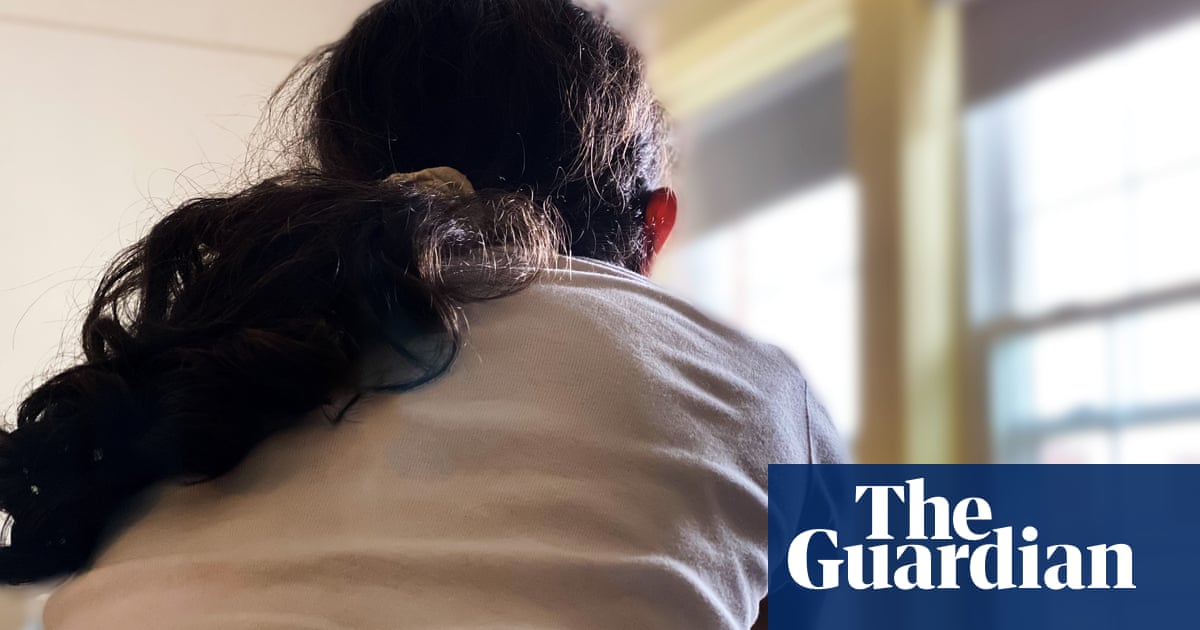
Noura Hussein, the Sudanese woman whose conviction for killing her rapist husband four years ago caused an international outcry, said she is “disappointed” that promises of support have not materialised.
Speaking to the Guardian after her release from prison last year, Hussein, who was 19 when she was convicted, said she felt let down by the people and organisations that had campaigned for her release and who had offered her support.
“I am disappointed,” she said. “Yes, they helped me to get an easier sentence at the end, but they also gave me false promises. Many said that they will help me with my education or to travel abroad. None of that has happened.”
Hussein was sentenced to death for premeditated murder in 2018, after stabbing her violent husband, whom she was forced to marry when she was 16.
Her conviction was quashed after a global campaign, backed by celebrities, including the model Naomi Campbell and actors Mira Sorvino, Emma Watson and Rose McGowan, as well as lobbying by two UN agencies and the UN Office of the Special Adviser on Africa. She was eventually convicted of manslaughter and sentenced to five years in prison.
Now released from prison, Hussein said offers to assist with her studies and help her move to France, where she has relatives, had not materialised.
Hussein, originally from Gezira state, south of Khartoum, now lives in North Darfur and last month married her cousin, a market trader. She said the relationship developed while she was in prison.
“He encouraged me to finish school and supported me a lot to take the secondary school exam. He pushed me hard to overcome all my challenges and succeed in the exam,” she said.
But she added: “I wasn’t really planning to get married at this stage of my life. I wanted to finish school first, but nobody helped me to do so. I wanted to become a lawyer to help the so many other girls who I left behind in the prison. I had a feeling of responsibility towards them when I learned their stories.
“I wanted to have an organisation to help those girls to have a better life. They lost their youth behind the bars.”
Although she was offered a place to study law at Sudan Open University while in prison, she could not afford the fees. Her family lost everything after her conviction. She says her late husband’s family confiscated her parents’ land – an illegal but common practice in parts of Sudan to avenge murdered family members. “My family had to flee to a camp far away,” she said.
Her parents, who were traders, now live in a camp in Gezira state, which has no running water or electricity. “My parents are now agricultural workers with very limited income, which has affected all our lives. They even stopped sending three of my siblings to schools. They can’t pay for all the expenses.”
Hussein said prison life was hard. “If I were not very strong, I could have lost my mind in the prison. It was just so hard and tough, but I was also really worried about my family.”
Hussein and her husband share a home with his family. The couple hope to buy their own house one day. For now, Hussein spends her days cooking and cleaning and looking after the family.
“When I went into prison for the first time, my way of thinking was very limited. I had all those ideas developed during [my] prison years. I learned a lot, despite everything.”












